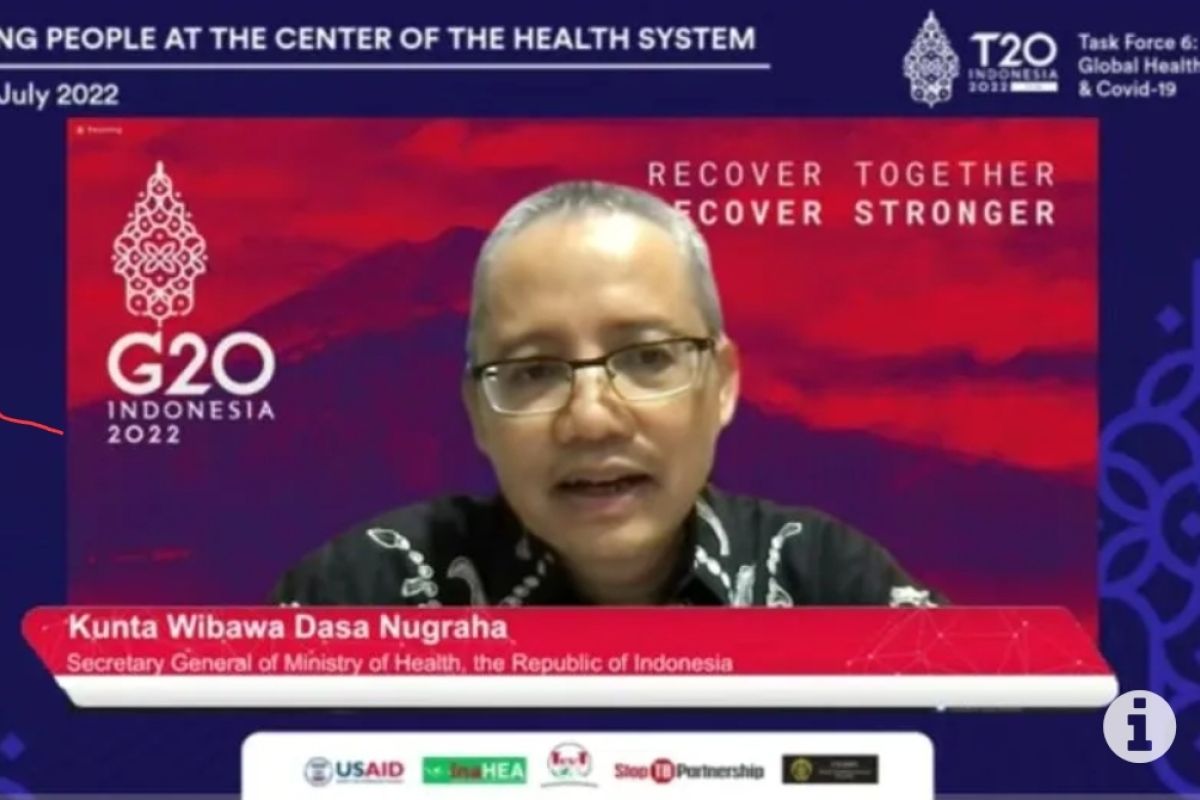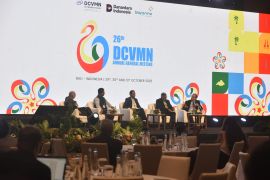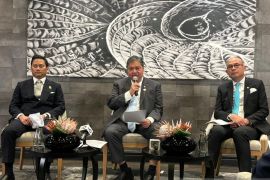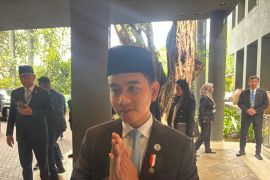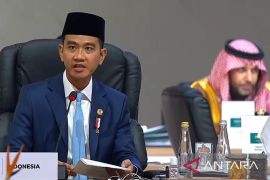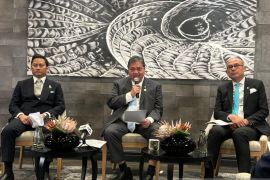The agreement is the result of the second Head Ministerial Meeting in October 2022, secretary general of the Health Ministry, Kunta Wibawa Dasa Nugraha, informed in a press statement issued on Friday.
G20 is a multilateral cooperation group that comprises 19 countries and the European Union (EU). Indonesia, which is holding the presidency of the grouping this year, will host the G20 Summit in Bali this month.
The Pandemic Fund or Pandemic Emergency Fund will also be discussed as part of the G20 Summit agenda.
Commitments for the Pandemic Fund have so far reached US$1.4 billion, and have been received from 20 donor countries and three philanthropic organizations.
The donor countries comprise Australia, Canada, the European Union, France, Germany, China, India, Indonesia, Italy, Japan, Korea, New Zealand, Norway, South Africa, Singapore, the UK, Spain, the US, and the UAE.
Meanwhile, the three philanthropic organizations comprise The Bill & Melinda Gates Foundation, The Rockefeller Foundation, and Wellcome Trust.
"This agreement becomes a very promising start. This is because, in just a few months, the discussion on the fund has reached that amount of commitment," Nugraha remarked.
"This commitment will be brought to the G20 Leaders Summit's agenda," he added.
Related news: G20 formalizes ACT to bolster collaboration in handling pandemics
The Pandemic Fund has the potential to support the six main outcomes of the G20 health agenda.
These include the effort to strengthen genomic monitoring, encourage health resource mobilization for medical mitigation, and the effort to expand vaccine, therapy, and diagnostic (VTD) research and manufacturing network.
The COVID-19 pandemic that has plagued the world since 2020 has made every country in the world realize the importance of reforming the global health architecture.
The pandemic has had a devastating socioeconomic impact. Therefore, the issue of global health architecture has become one of the priority issues in addition to sustainable energy transition, digital transformation, and economic issues, Nugraha noted.
"This becomes important because, during the G20 high-level independent panel, the WHO and the World Bank estimated that there will be a pandemic financing gap of around US$10.5 billion within the next five years," he informed.
To cover this gap, the state's contribution is necessary to distribute health services during periods of emergency.
During the meeting, a mechanism flow was created for fund-raising, task force formation, and instituting government boards, Nugraha said.
Related news: Pandemic Fund greatest G20 feat in healthcare sector: Minister Sadikin
Related news: Bali government readies 408 health workers for G20 Summit
Translator: Andi Firdaus, Fadhli Ruhman
Editor: Suharto
Copyright © ANTARA 2022
